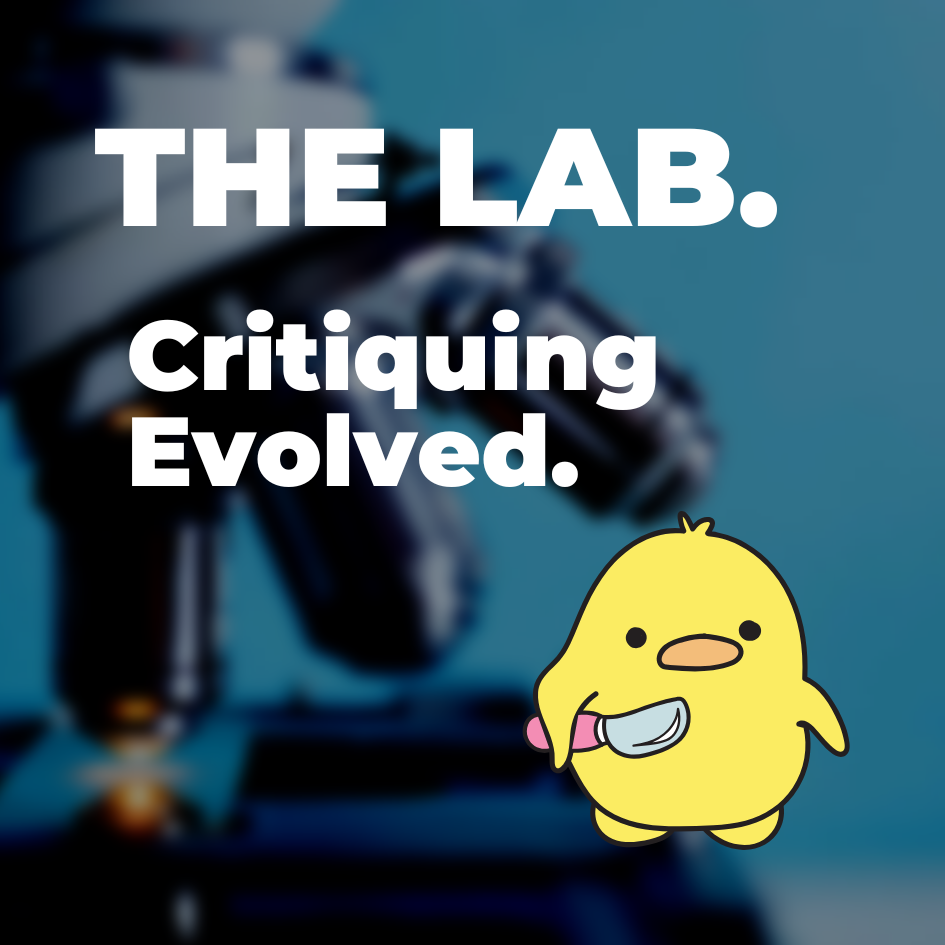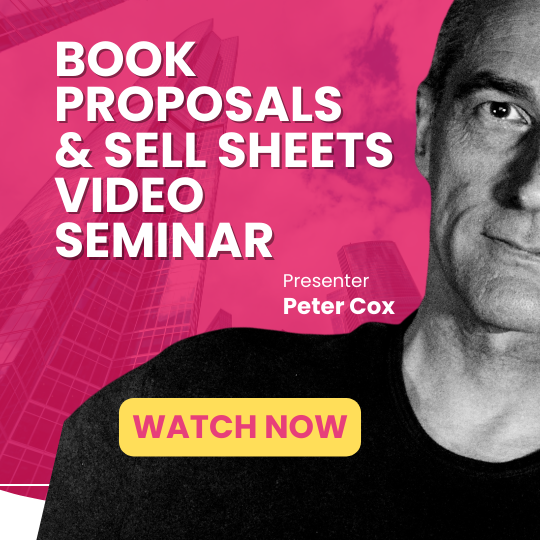Brian Clegg
Basic
Currently, two of my ebooks are on Amazon Kindle at 99p (Inflight Science and Dice World), and I'm really not sure how I feel about this.
Sometimes it works out really well. By being priced this way, the ebook can get up high in the Amazon rankings and get a lot more visible. Despite being a fraction of the usual earning per book, if they get well up the ranking they do sell a lot more copies. And if they get high enough, they continue to sell above the usual rate for up to a month after they return to normal price.
But sometimes the book doesn't sell enough to become particularly visible, so just trundles along with slashed profits and no benefits. It's certainly a gamble.
Of course this is one of the benefits of ebooks: it's possible to make this kind of experiment. And I think, on the whole, it's worthwhile. But it's a scary business.
Sometimes it works out really well. By being priced this way, the ebook can get up high in the Amazon rankings and get a lot more visible. Despite being a fraction of the usual earning per book, if they get well up the ranking they do sell a lot more copies. And if they get high enough, they continue to sell above the usual rate for up to a month after they return to normal price.
But sometimes the book doesn't sell enough to become particularly visible, so just trundles along with slashed profits and no benefits. It's certainly a gamble.
Of course this is one of the benefits of ebooks: it's possible to make this kind of experiment. And I think, on the whole, it's worthwhile. But it's a scary business.




